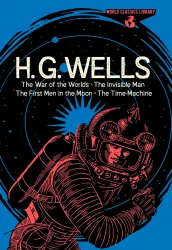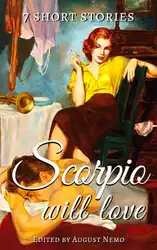Tono-Bungay is a realist semiautobiographical novel written by H. G. Wells and published in 1909. It has been called "arguably his most artistic book".
It is narrated by George Ponderevo, a science student who is drafted in to help with the promotion of Tono-Bungay, a harmful stimulant disguised as a miraculous cure-all, the creation of his uncle Edward. The quack remedy Tono-Bungay seems to have been based upon the patent medicines Carter's Little Liver Pills and Dr. Williams' Pink Pills for Pale People....
As the tonic prospers, George experiences a swift rise in social status, elevating him to riches and opportunities that he had never imagined, nor indeed desired. The novel displays Edward's social climbing satirically, and also George's discomfort at rising in social class. The hero's personal life is narrated with unusual frankness for an Edwardian novel.... The empire eventually overextends itself and George tries to save his uncle.
With Kipps, The History of Mr Polly, and Tono-Bungay, his biographer David C. Smith has written, H. G. Wells "is able to claim a permanent place in English fiction, close to Dickens because of the extraordinary humanity of some of his characters, but also because of his ability to invoke a place, a class, a social scene. These novels are very personal as well, treating aspects of Wells's own life, matters which would come under attack later, but only after he added his sexual and extramarital views to the personal side of his work".
Wells himself was "disposed to regard Tono-Bungay as the finest and most finished novel upon the accepted lines" that he had "written or was ever likely to write".
Herbert George "H. G." Wells (1866-1946) was an English writer, now best known for his work in the science fiction genre. He was also a prolific writer in many other genres, including contemporary novels, history, politics and social commentary, even writing textbooks and rules for war games.
Wells is one person sometimes called "The Father of Science Fiction", as are Jules Verne and Hugo Gernsback. His most notable science fiction works include The War of the Worlds, The Time Machine, The Invisible Man and The Island of Doctor Moreau.












